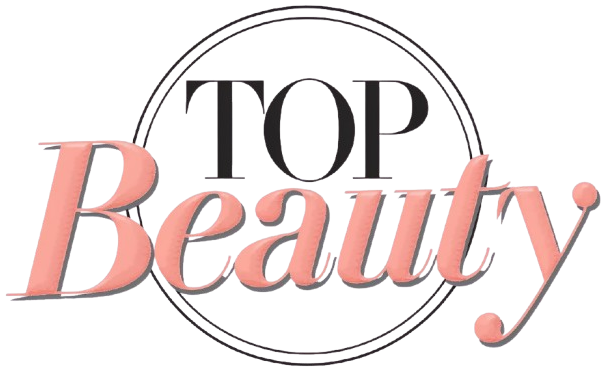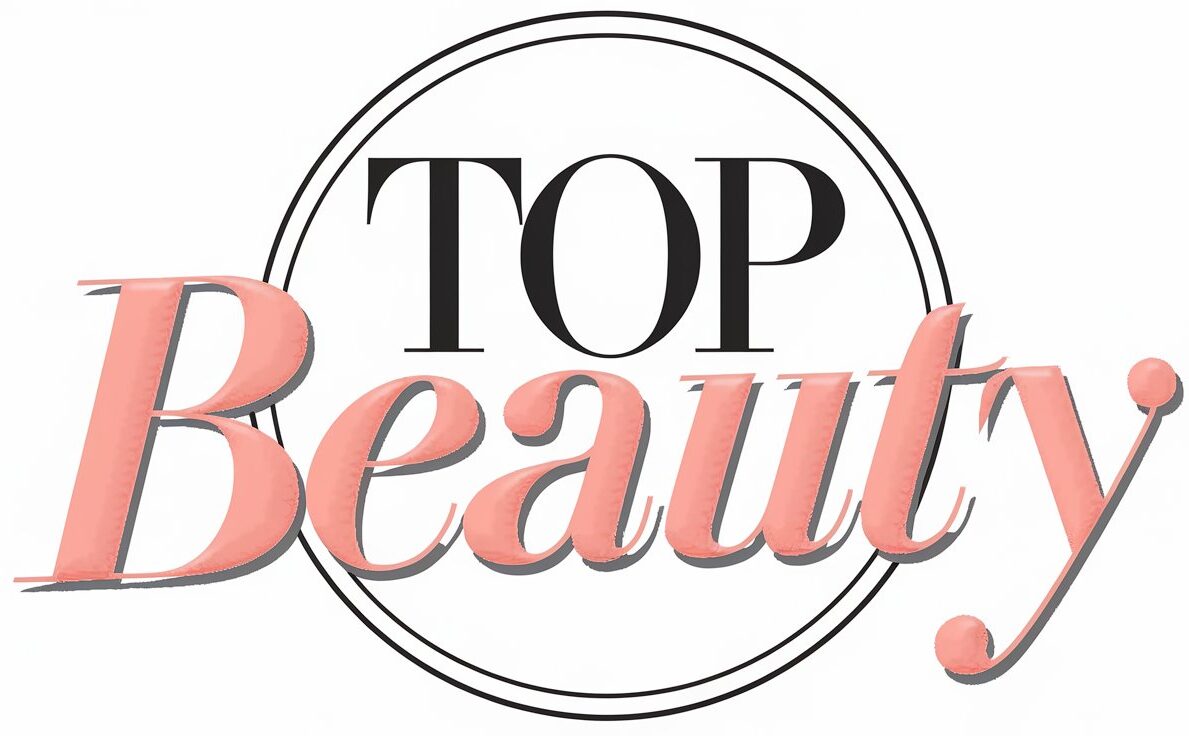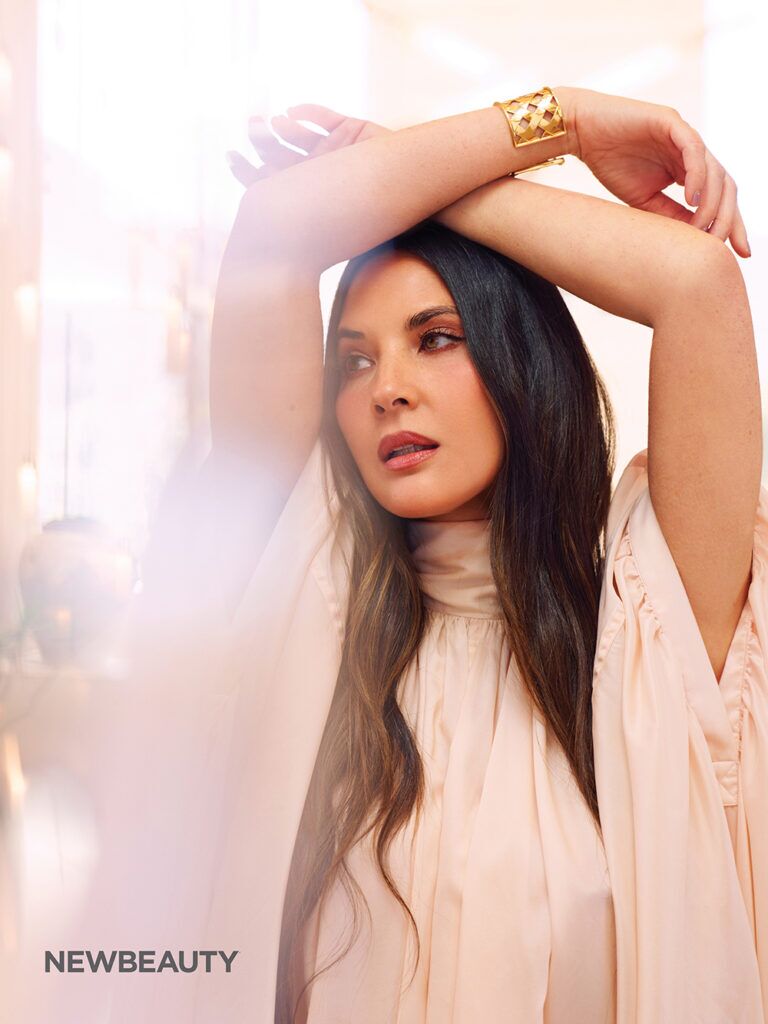Recognized for her fast wit, radiant magnificence and fierce intelligence, Olivia Munn has lengthy been a pressure in Hollywood, seamlessly transferring between comedic timing and dramatic depth. However in recent times, it’s her vulnerability, honesty and braveness off-camera which have really reshaped how we see her—and maybe how we see ourselves.
At 45, the actress, advocate and mom is coming into what she calls “a new chapter”—not simply in age, however in intention. Identified with breast most cancers at 42, Munn has emerged from a deeply private battle with a renewed take. “Aging is great,” she says, with the form of conviction that makes you imagine it, too. “It means that you’re here. And I’m just getting started.”
You posted that you’re “vintage” in celebration of your forty fifth birthday over the summer time. Did it really feel like one of many large ones?
“I like getting older! I’m interested to see what the next decades bring. In my 20s, I thought I was a fully formed human being. It was very much: ‘These are my opinions. This is how I will live life. I’m right. These are immovable truths.’ Then, I got to my 30s and I was taking in more information and setting goals. I was so set on what I was going to do, but it was also a period of time where I realized some of the choices I made in my 20s weren’t the smartest. When I got to my 40s, I was so ready to take what I learned and run with it. And then I was diagnosed at 42. All of a sudden, my plan to climb, celebrate and have fun came to a halt.”
Every part stopped.
“The light fully stopped in that moment. But because I had done so much work preparing for this decade of my life, I was able to be stopped in my tracks without falling backwards. Yes, it all stopped, but it didn’t shake my confidence. It didn’t shake my fortitude. It didn’t shake my belief in myself. It has never felt like the excitement in my life had to stop.
It more felt like that this is the part of my life where I have to go a little slower—where I have to stop and think about every decision. In the past, my brain was going a million miles a minute: ‘Do I get out of this relationship? Do I get into this relationship? Am I going to take this job? Am I going to take that job?’ All of a sudden, none of that mattered. There was one thing I had to do. When you get cancer, it is your full-time job. There’s only one goal. So, that is a really long, circuitous way of answering what it is like to turn 45. I’m still thinking of the right answer.”
That’s an amazing reply. All of it appears distant till it isn’t.
“Right. When you’re 10, 30 seems old. It’s a lifetime away. I can still remember what it was like to be 5 years old very vividly. I remember all of it. That’s the gift of getting older: You have so much more life that’s now part of you, and that helps with your decision-making. I remember the mistakes I made, and I remember the good choices. The more time you’re on Earth, the more lessons in life you’ve had, and when you get older, you have a found ability to enjoy it so much more. There are two things none of us can avoid: great joy and great sadness. For me, coming to terms with that early on in my life is really OK. I learned that when the bad things come, that’s just part of it. When the good things come, that’s great and enjoy them. You have to be ready to embrace both because that is what existing entails.”
The ups and the downs actually are a common expertise. Your life has modified rather a lot because you have been on our cowl 4 years in the past—you now have two youngsters and a husband.
“For a long time, all the choices I made in my life were for me. If I was in a bad relationship, I was the only one who had to suffer those consequences. It was only my time being wasted. It was only my emotions being affected. All the personal choices I made were only affecting me. Now, all of my choices affect two little people who depend on me. My son and daughter need me to be a grown-up and they rely on me to make good decisions.
Let’s just say, for me, having children was the most significant opportunity I was ever given for self-growth. All of a sudden there are things that I felt as a kid that I just ignored, ignored, ignored, but they were playing out in my adult life without me realizing it.
I grew up in an abusive household with an abusive stepfather…I just recently opened up about it on Dax Shepard’s podcast. I was surprised I let it out. Actually, I didn’t realize the things that were coming out of my mouth, but I’m happy they did. The things that happened in my childhood gave me strength, grit, resilience and an unsinkability to handle anything scary in the world.
The thing I didn’t realize until I had children was that there’s something on the other side of that, which is the lack of self-worth—the feeling that I’m not good enough; the feeling that everything I have can be taken away in an instant. There are definitely cracks in my soul that formed when I was a child. I didn’t realize that when people would say certain things about me or certain things would happen, that it could seep through these cracks and embed somewhere in me…
Once I had kids, I was like, ‘Wait! This didn’t happen by choice!’ Everything came to the forefront. One day I was looking at my son, and I’m like, ‘Wow, the things that were screamed at me when I was a kid…’”
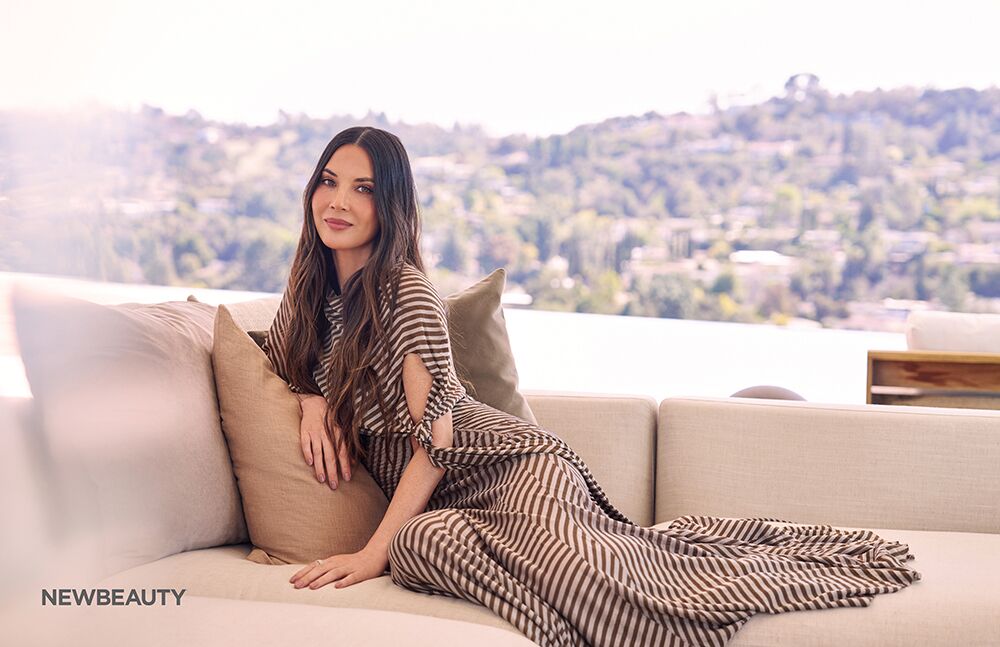 You possibly can’t think about your self saying these issues to anybody…
You possibly can’t think about your self saying these issues to anybody…
“Never! When I look at my children, I see myself—it’s like watching the 4-year-old me, and I literally want to say: ‘You end up with a family, and everything is great, but there are going to be all these things to deal with along the way. Just don’t be hard on yourself. Let it go.’ I would never want my children to hold on to any regrets or anything that makes them question their self-worth.
So, yes, I’ve been having to address all of these feelings I didn’t even know were there, and that’s come with age. It’s been so healing for me. I think the biggest thing I’ve learned is that you can’t focus on things that are going to happen no matter what. I can’t get mad that the sun goes down at night. Just like there’s zero benefit in worrying about getting older because it’s going to happen. The alternative is not something anybody wants. I am very aware that it can be annoying when people talk spiritually, and I am trying to be careful of that, but there’s some of that, too.”
It’s not annoying—it’s a part of it.
“Something happened recently, and I said, ‘Well, because this happened, everything is better now. Everything is better now.’ My husband [Munn is married to comedian-actor John Mulaney] was like, ‘I think it was better before that happened.’ And I kept insisting, ‘No, it wasn’t.’ I kept going through the playbook of how it wasn’t, and now it’s better. And he kept saying: ‘I know that you see it that way, but it was really OK before all this transpired.’
It hit me in the same moment: ‘But it changed in my head.’ It was the first time in my life—in my entire life—that I’d actually thought about how the reality in my head is the reality of my life. If I’m being hard on myself, or if I’m absorbing what I think someone else is thinking about me or saying about me, or if I’m feeling like I’m coming up short, that is my reality.
Once I learned that—it was literally just two weeks ago—it was huge! The thing that has helped me is thinking about my children. I have to parent my 7-year-old self, and I go back and parent myself in a way that…I don’t want to say that my mom didn’t do a great job, but it was a different time. My mother was 27 years old, raising three biological children and two stepchildren. That was a very difficult time; I think it would be for anyone, but she was amazing. I think that, for her, it was really difficult to give each child the attention they needed in every single moment. We all know that as parents, we can’t be there for every little thing.
I do go back now because of everything I’ve seen with my children. I try to parent the younger me that’s still inside of me, so I can heal myself. It’s like in the movie Back to the Future. He’s doing all this stuff that’s changed in the future, but he doesn’t know it. As soon as he gets back to the future, his parents are happy and healthy. They’re financially stable and everybody’s doing good. Now he gets to walk in this life because everything’s been healed. I feel like that’s what I’m doing in real time. I’m learning that because of my children.”
It looks like you may have an amazing help system. You have got John, your youngsters, your mother. How is she doing after her personal analysis?
“My mom has that quality in life that I really wish I had. She has a personality trait that is amazing. No matter what is happening to her, she has the ability to put it out of her brain and just keep going. She just keeps going forward.
She had the mammogram, and it was clear, but her risk assessment score was high. So I pushed for an MRI, which she didn’t want to do, and the doctors didn’t really want her to do it either. Everything seemed good. Her heart was good and every box was getting checked off with ‘healthy, healthy, healthy.’ But I kept pushing.
What I tell people all the time is: ‘Cancer wants us to ignore it.’ It wants us to be afraid to get the test results. Cancer wants us to be too busy to go get checked out. It wants to do whatever it wants to do in your body and travel wherever it wants to go. It just hopes that you are too busy or too afraid to find it. What you want to do is stop cancer before it breaks into your home. You want to find it when it’s still showing in the ring camera—not when it’s standing over your bed, inside your home.
And, then, my mom was diagnosed, and I’m telling you, it was a battle to beat her cancer—three months of weekly chemo and a year of monthly Herceptin infusions. You have to understand, my mom is Asian, and she’s very much been a tiger mom my whole life. She is the one that drove us to karate practice, drove us to piano, drove through the streets of Tokyo. She always was and she still is such a badass. As she’s gotten older, she’s very goofy and funny. She and John are truly best friends, and we have a very funny dynamic now, but she still has a very stoic quality.
Throughout this whole process, she was like, ‘Tell me what to do, and I will do whatever you say.’ I kept telling her I was prepared for this moment—there was no one more prepared than me to help my mother. I was ready to jump in.
I was home with her in Oklahoma after the double mastectomy. I was lying down in my bed, and she came in to talk to me. She was talking about something, then she turned around to leave…but before she walked out the door, she stopped at the foot of the bed, patted my leg and just said, ‘Thank you.’ Then she turned around and walked out. It was a very big moment for me because she doesn’t really do stuff like that. She’s very jokey when she says things, but this was serious. Here we both are—we’re both in there, both battling cancer and knowing that I was the one to find it for her and to push so hard, and now here we are. It was just this incredible moment.”
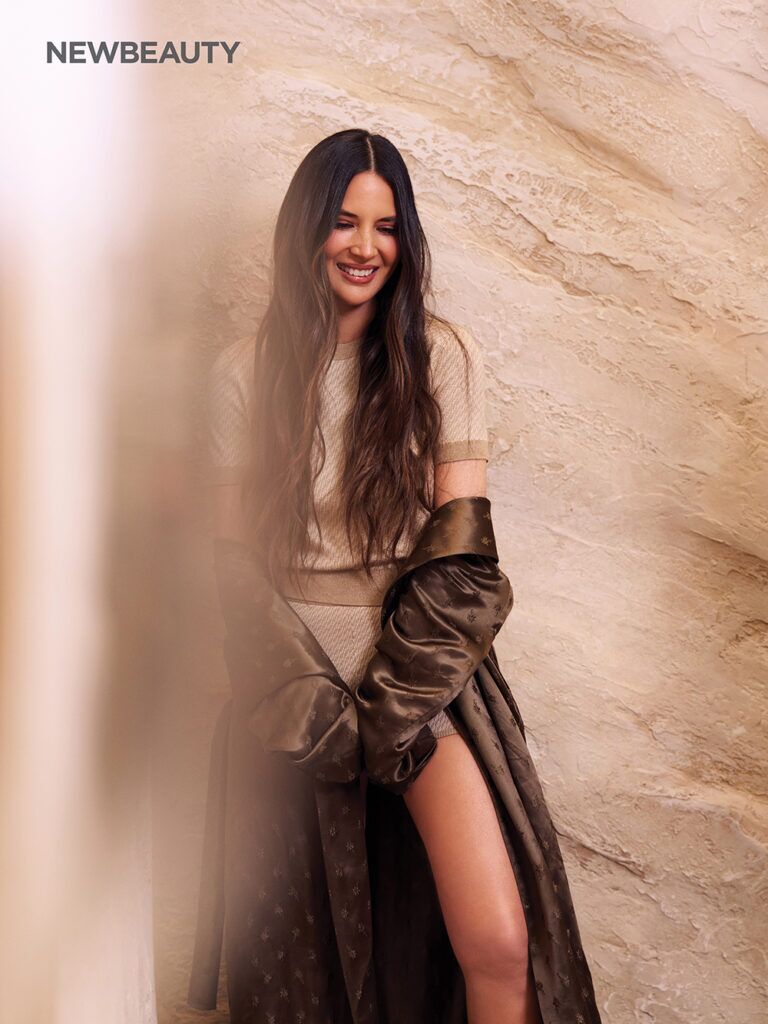 You’re all very fortunate to have one another.
You’re all very fortunate to have one another.
“One thing that people often ask me is if I ever feel like my body betrayed me. There is not a millisecond of thinking that. My body is what’s going to get me through this. How can I get mad at my body? No. It’s like in my relationship with John. Of course, we have arguments just like everyone else. But the biggest thing that’s helped us tackle any possible arguments in our relationship is that we never look at it like me against him or him against me. It is always us against the problem. We treat the cancer the same way. It is my body against the cancer. We’re in this together. We’re going to fight it.”
